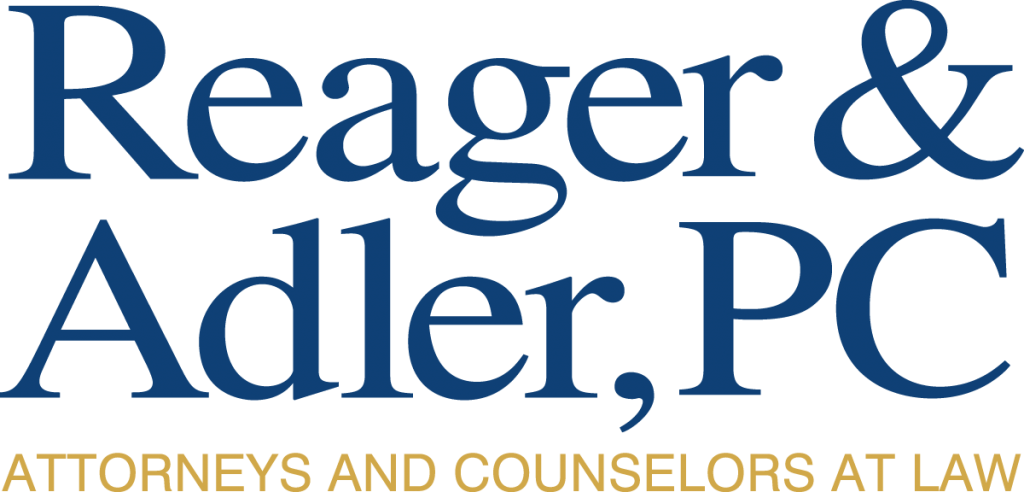 If you’re in the process of establishing a business, choosing a legal structure is one of the earliest and most important decisions you’ll face. Many websites offer online guidance and may even provide you with incorporation documents or partnership agreements, promising to make it quick and easy. And yet the way you structure your business can have major implications, on everything from your day-to-day operations to long-term issues such as tax status, personal liability, ability to raise capital, and more.
If you’re in the process of establishing a business, choosing a legal structure is one of the earliest and most important decisions you’ll face. Many websites offer online guidance and may even provide you with incorporation documents or partnership agreements, promising to make it quick and easy. And yet the way you structure your business can have major implications, on everything from your day-to-day operations to long-term issues such as tax status, personal liability, ability to raise capital, and more.
Common Business Structures
A. Sole Proprietorship
A sole proprietorship is the simplest business structure for a business with one owner, allowing the owner to have sole control and responsibility for the business. A sole proprietorship is not a separate entity. While this type of company will likely incur less paperwork and fewer legal requirements and restrictions, the main disadvantage is that your business and personal assets and liabilities are not separate. You may incur personal liability for business debts and obligations. This structure may be advantageous if your business is low-risk, or if you want to test an idea before launching a more formal business.
B. Partnerships
- General Partnerships involve two or more persons or entities who share in the aspects of managing the business, all of which have unlimited personal liability.
- Limited Partnerships typically have one or more general partners, plus one or more limited partners. Limited partners do not share in the day-to-day management of the business, and as the name suggests, their liability is limited.
- A Limited Liability Partnership, or LLP can provide limited liability to all partners of the business and share the elements of partnerships and corporations. Neither partner is not responsible for the conduct or negligence of other partners, making it a popular structure for groups of professionals such as medical practices or law firms.
C. Corporations
A corporation is generally a separate legal entity and provides protection from personal liability. A corporation may be advantageous for businesses that are high-risk, have a need for raising capital, or where the owners intend to eventually sell or take the business public. There are multiple types of corporate structures, and consultation with a business attorney is highly recommended if you wish to set up this type of business structure.
D. Limited Liability Company (LLC)
A limited liability company may be a good choice for mid- or high-risk business ventures, for owners who want to protect their personal assets, and owners who want flexibility in income tax treatment.
How a Lawyer Can Help
The contracts and agreements that form your business are as unique as the businesses they create and can be specifically tailored to your needs. Do not entrust your business to a one-size-fits-all solution. Seeking the advice of an attorney who is familiar with starting a business in Pennsylvania is critical to setting your business up for success.
At Reager & Adler, our business law attorneys have over 40 years of combined experience. With a focus on preventative law, we work to identify business situations that may become problems, and to proactively develop agreements and solutions to minimize risk. Our practice is collaborative; with specialists in real estate law, estate planning, land use and zoning ready to provide support as needed.
Contact us today to learn more about how we can support the needs of your business.

David W. Reager, Founder & Managing Partner
Reager & Adler, P.C.
2331 Market Street
Camp Hill Pa. 17011
(717) 909-6946
dreager@reageradlerpc.com

